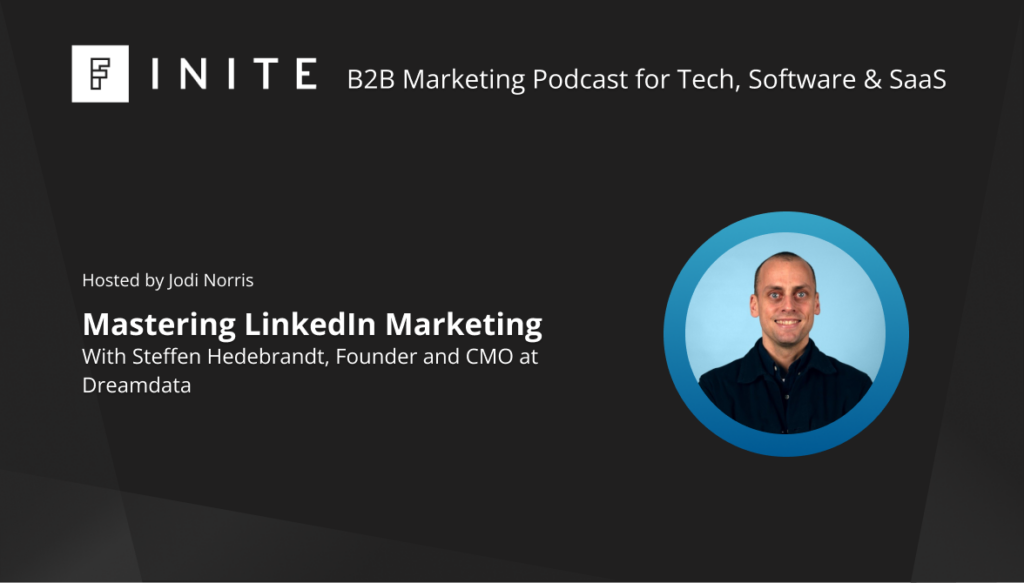In a relatively short amount of time, technology has completely changed our daily lives. The smartphone revolution, led by the launch of the first iPhone in 2007, ushered in a transformation of consumer behaviour so dramatic and far-reaching that, today, few areas of modern life remain untouched by it.
The boom in technological innovation since the iPhone has been embraced by every sector, radically changing the interaction between many traditional sectors and their customers. Banking and personal finance industries have been among the boldest and quickest to transform. Consequently, the way we think about and manage money has changed forever.
Yet even though the emergence of a cashless society, where people can split the bill on their phone, seems ultra-modern, fintechs are still disruptors in a competitive space that, until recently, seemed to be owned lock, stock and barrel by traditional banking. Despite widespread digitalisation and the inability to even step foot in a bank branch for much of the pandemic, conventional banks have held their own. This is not just the case for older generations who are generally less inclined to switch to online banking, but for millennials and Gen Z too. After all, branches remain the sole place where customers can go and talk about things with a real-life person—especially if their digital experience isn’t what it could be.
As hard times send ripples of uncertainty throughout the economy, fintechs who have seen a meteoric rise in popularity therefore still feel the need to differentiate themselves against traditional banks. Though they are often perceived as bland, corporate and faceless, many financial institutions remain familiar to most consumers who are starting to feel the pinch.
In a way, this is ironic. Since the banking sector remains dominated by businesses built up over decades (if not centuries), making fintechs the ones with the power to reshape the banking system. What this has meant is that, for a fintech company to secure a winning market share in finance, startups need radical thinking about what they can offer customers that the old guard simply can’t. In short, this calls not just for being extra smart, but human.
On that note, we’ve rounded up a selection of fintechs – some of whom are clients of ours, some who aren’t – who consistently prove their strength for projecting a human side in a way that not only makes them more competitive but more valuable to consumers overall.
Monzo
One of the first wave of app-based challenger banks in the UK, Monzo has grown swiftly on the back of “radical transparency” and a strong focus on word-of-mouth (WOM) marketing. In 2018, it was named top British bank for customer service in a survey by Which? (Consumers’ Association), deposing First Direct from the top spot it held for almost a decade. A clever referral program using rewards like golden tickets has humanised Monzo’s customer attraction, strengthened loyalty and helped cement its status as online banking royalty, adding a million more customers as of March 2022.
Monzo’s WOM has been supported by some fun above-the-line moves like 2021’s London bus ads, but the bank’s early growth was in many ways tied to its use of community meet-ups to help spread the word. In that sense, Monzo has put the principle of a less individualistic, more transparent banking culture into every step of its development, from concept through to execution.
SoLo Funds
Peer-to-peer lender SoLo (short for Social Loans) launched in 2018. The only black-led financial service in the US and Canada with B Corp certification, SoLo began with the goal of letting people borrow and lend money without getting trapped by debt or straining family relationships. SoLo views community finance as an antidote to unfair lending by conventional banks.
To answer this, SoLo positions itself as a distinct and down-to-earth alternative. The brand’s web homepage encapsulates this stance with confidence and clarity: “Community finance is the answer”. Phrases in its communications, like “people helping people” and “having your back”, underline the power of the community and individuals within it to make a difference. By making easy lending, to community members in need, an important plank of their service platform, SoLo has harnessed the social potential of digital banking.
Clim8
British sustainable investment app Clim8 is a fan of youthful, pointed and motivating language, the foremost example being its encouragement of people to “hack the economic system” for the good of the planet. The radical spirit this conveys — namely the promise to “weed out empty promises and Big Finance BS” — makes the fintech brand feel not just authentic but empowering to consumer investors. Clim8 works by channelling investors’ money into ESG (environmental, social and governance) initiatives, such as electrifying transport, reinventing industries and generating clean, renewable energy.
Its savviness is also made clear on its social platforms, especially Instagram, establishing its position as being a (greener) world away from the more conventional and staid approach of traditional investment funds. The J.P. Morgans and Goldman Sachs of the world may offer sustainable investing, but public trust in institutional investors and bankers is weak. Clim8 offers an opportunity for people to have an impact on their own terms.
Fivestars
A bit like another well-known, moderately successful startup, Fivestars began with just two guys in a garage. Co-founders Victor Ho and Matt Docka had a cool idea: make the power of a Fortune 500 customer loyalty program available to small firms by turning a credit card reader into an all-in-one payment and automated marketing system. Since then, over 12,000 local US businesses have signed up, enticed by the idea that every transaction can be turned into a relationship that works flexibly for business owners and customers alike. Fivestars has helped enhance customer experiences by bringing the bond between seller and consumer into the digital realm, where this relationship can feel a little cold and remote. In October 2021, Fivestars was acquired for $317 million by global payments leader SumUp.
Chime
San Francisco-based Chime made it on to People’s list of 100 Companies that Care 2022. Founded on the premise that basic banking services should be “helpful, easy and free”, Chime’s mission aims “to profit with our members, not from them.” Chime partners with regional banks to design financial products that offer better, lower-cost options for everyday Americans who aren’t being served well by traditional banks. One such example is their service that lets less advantaged customers receive their paycheck early to help them better manage living expenses.
Self Financial
Last year, Self Financial—a fintech company that seeks to help consumers build credit/payments history and savings simultaneously—raised $50 million in Series E funding. The Austin-based company has a no-frills tagline, “Build credit. Save money. Do it yourself.”, while possessing an interesting suite of products designed to help improve people’s credit scores. Earlier this year it bought RentTrack, a credit reporting company that facilitates credit-building by reporting rent.
Summary
In each of these examples, we can see how fintechs find success through projecting, loud and clear, a purpose that connects with people’s desire for a gentler, healthier and outward-looking attitude towards money – not just as a transaction, but for better personal and community development. Succeeding in ‘humanisation’ through marketing goes far beyond putting a smiley face on a banking app. It’s about letting people feel more in control, and more empowered to make choices and decisions about their finances, through technology that makes the whole process feel far more about the user and less about the product.
Share this
MORE
INSIGHT
Fearless tactics to achieve your strategic success
As a consultancy, our full-funnel marketing and communications solutions are designed to fearlessly deliver business results across multiple industries and service areas.









